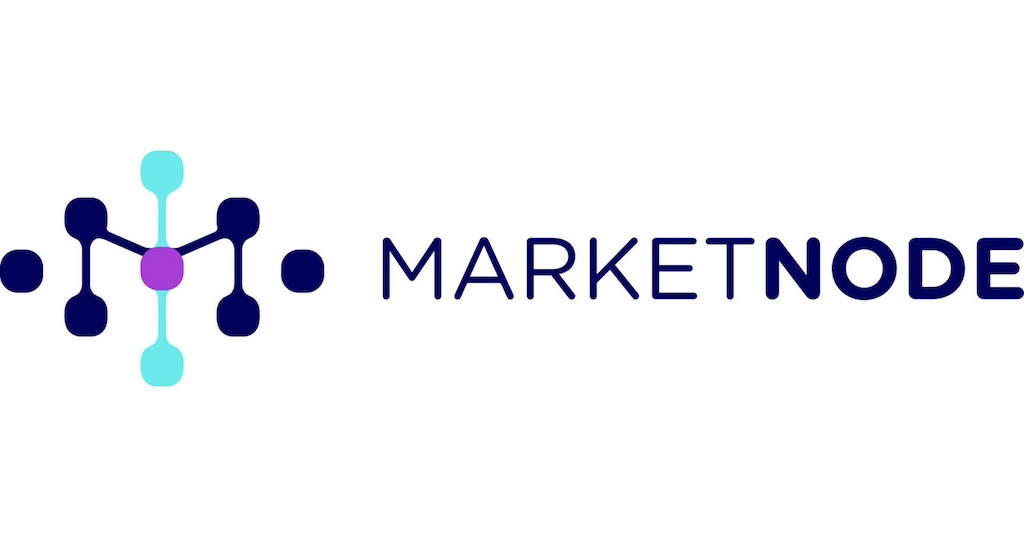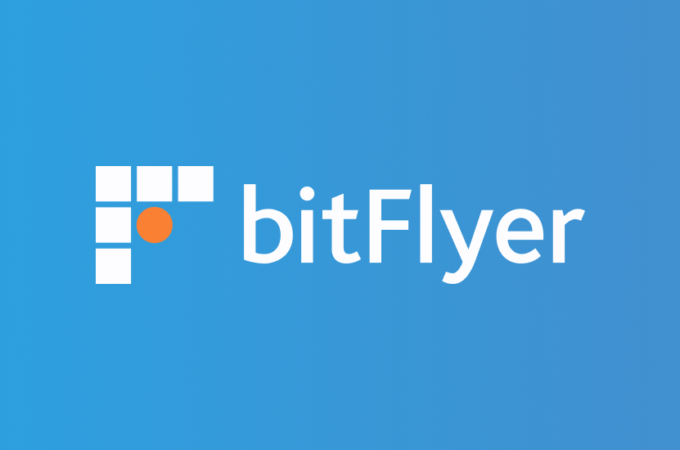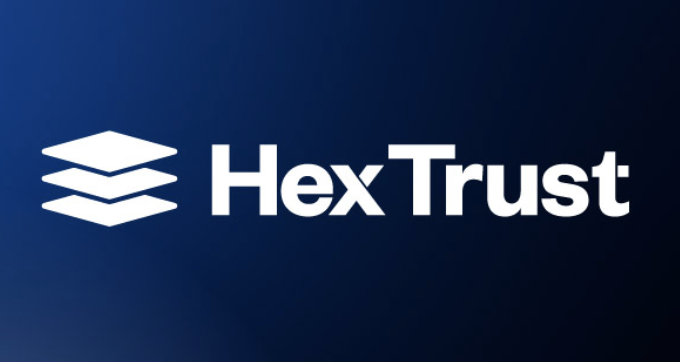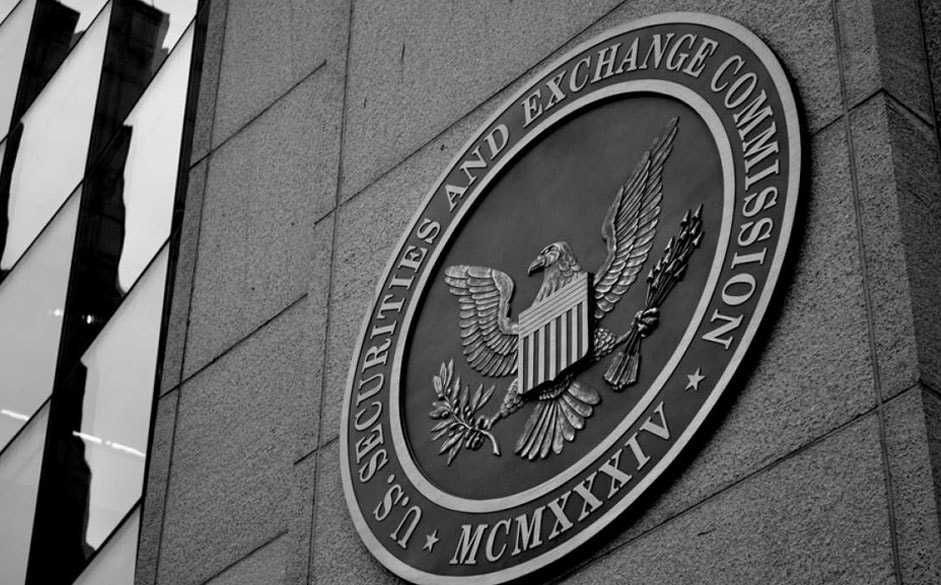
HSBC Leads Series A Funding for Marketnode’s Digital Market Infrastructure
Marketnode, a Singapore-based digital market infrastructure firm, has successfully closed its Series A funding round led by HSBC, with additional support from its existing shareholder, Temasek. The exact amount of the investment has not been disclosed, but regulatory filings indicate that $19 million was injected into the company, bringing the total funding to $34.7 million. This financial boost will be used to expand Marketnode’s digital infrastructure for key asset classes, including digital fixed income and structured products, with a focus on the Asia-Pacific region.
Marketnode, founded by the Singapore Exchange (SGX) Group and Temasek, has been a pioneer in the digital asset space since its inception. The company leverages distributed ledger technology (DLT) to offer solutions across credit, funds, and structured products. Marketnode’s platforms include Fundnode, which handles fund settlement, and another dedicated to the digital issuance, data management, and asset servicing of fixed-income and structured products.
The collaboration between Marketnode and HSBC is not new. Since 2020, the two companies have been working together on several digital market infrastructure projects. These include participation in Project Guardian, an asset tokenization initiative led by the Monetary Authority of Singapore (MAS), and various digital bond initiatives. One notable achievement was the digital bond issuance in 2021, which involved a S$1 billion perpetual securities issue by Singtel Group.
Rehan Ahmed, President of Marketnode, emphasized the significance of HSBC’s investment, stating, “The marriage of Marketnode’s FMI operational expertise and HSBC’s market-leading global platform represents a unique opportunity to shape the next generation of trusted and neutral market infrastructure.” This sentiment was echoed by Ian Glasner, Group Head of Innovation, Ventures, and Digital Partnerships at HSBC, who remarked, “Our investment in Marketnode showcases our joint commitment to building a robust multi-asset digital infrastructure across our markets, helping our customers enter the world of digital assets safely and securely.”
HSBC’s commitment to digital assets has been evident in its recent activities. The bank has been involved in several tokenization initiatives, including the HSBC Orion platform, which was used for the largest digital bond issuance in Hong Kong, amounting to $750 million. Additionally, HSBC launched a tokenized gold solution, further demonstrating its leadership in the digital asset space.
The investment in Marketnode will not only enhance the company’s existing platforms but also support the launch of new offerings, such as tokenized assets. This is in line with Marketnode’s vision to build a multi-asset ecosystem, starting in the Asia-Pacific region. The firm’s innovative approach includes workflow management, data standardization, document management, and asset servicing automation, which collectively aim to streamline capital markets workflows through the use of smart contracts and ledger technologies.
John O’Neill, Global Head of Digital Asset Strategy at HSBC, will join Marketnode’s Board of Directors as part of this strategic investment. His addition to the board is expected to further strengthen the collaboration between the two entities and drive innovation in the digital asset industry.
Marketnode’s journey has been marked by significant milestones, including its participation in MAS’s Project Guardian and its collaborative efforts with major financial institutions such as Citi, BNPP, and BNY Mellon in tokenized bond experiments. These initiatives highlight the company’s role in advancing the adoption of digital assets and fostering a more efficient and transparent financial market infrastructure.
The regulatory environment in Singapore has also played a crucial role in supporting Marketnode’s growth. The country has implemented stringent licensing regimes and expanded its regulatory framework to include more oversight of digital asset firms. These measures are aimed at enhancing anti-money laundering efforts and protecting users, thereby creating a secure and reliable environment for digital asset innovations.





